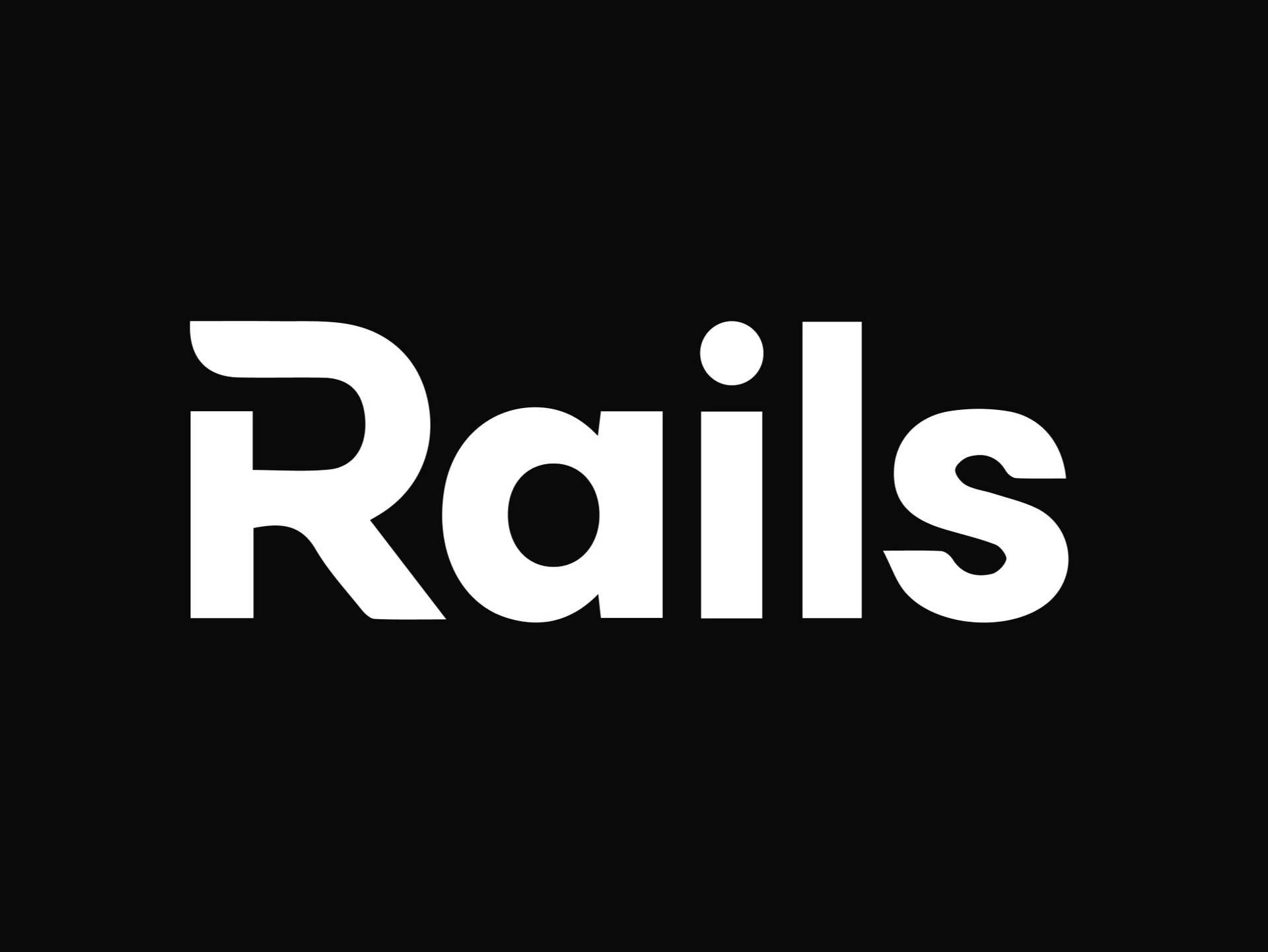Subscribe to wiki
Share wiki
Bookmark
Rails
The Agent Tokenization Platform (ATP):Build autonomous agents with the Agent Development Kit (ADK)
0%
Rails
Rails is a perpetual trading platform that combines centralized order processing with on-chain custody of user funds. It aims to provide high-speed trade execution while maintaining the transparency and security benefits of blockchain technology. [1] [2]
Overview
Rails operates using a hybrid architecture that seeks to leverage the advantages of both centralized and decentralized systems. The platform utilizes a centralized matching engine to process and match trades rapidly, aiming for sub-millisecond speeds. However, user assets are held in a secure, audited smart contract on a blockchain, specifically Ink, a layer-2 network developed by Kraken. This structure is designed to ensure that users retain control over their funds while benefiting from efficient trade execution. [1] [2]
The platform focuses on transparency by cryptographically aggregating transactions and posting them on-chain. Users can verify their transactions, which are included in a Merkle tree, using a transaction explorer. This approach is intended to provide verifiability without compromising user privacy. The on-chain custody model, supported by audited smart contracts, is a core security feature, aiming to prevent issues related to centralized control of user funds. [1] [2]
History
Rails was founded in 2023 by Satraj Bambra, Megha Bambra, Rick Marini, and Brent Vegliacich. The founding team previously worked together on BlockEQ, a crypto wallet company that was acquired by Canadian exchange Coinsquare in 2018. [3] [4] [2]
The company completed a $6.2 million Seed Round in March 2024. This round was led by Slow Ventures, with participation from CMCC Global, Round13 Capital, and Quantstamp. [4] [2]
In June 2025, Rails announced an additional $14 million raise, bringing the total funding to $20 million. The platform transitioned from a project to a company in March 2024 and targeted a full public launch in the summer of 2024. [4]
Satraj Bambra, Co-Founder & CEO, stated regarding the platform's development;
"As someone who’s watched this industry wrestle with performance versus self-custody for years, Rails is the first exchange I’ve seen where neither security nor speed is compromised." [2]
Technology
Rails employs a hybrid technological architecture combining centralized and decentralized components.
- Centralized Matching Engine: Order processing and matching are handled by a centralized engine designed for high speed, aiming for sub-millisecond execution. This engine is intended to scale to handle significant trading volume. [1]
- On-Chain Custody: User funds are held in a smart contract on the Ink layer-2 blockchain. This smart contract is designed to track fund movements, including deposits, withdrawals, and fees. The smart contract has undergone external audits. [1] [5]
- Transaction Verifiability: Transactions are cryptographically aggregated and posted on-chain. This process utilizes Merkle trees to include transactions while maintaining user privacy. Users can verify their transactions using the Rails Explorer. [1] [6]
- Zero-Knowledge Proofs**:** The platform utilizes zero-knowledge proofs as part of its cryptographic techniques to enable verification of account balances and trades without revealing sensitive user data. [2]
The on-chain components are hosted exclusively on Ink, a layer-2 blockchain developed by Kraken. [2]
Key Features
Rails highlights several key features of its platform:
- Hybrid Architecture: Combines centralized order matching with on-chain custody. [1]
- Instant Trade Execution: Centralized matching engine designed for sub-millisecond processing. [1]
- On-Chain Custody: User funds are held in audited smart contracts on the Ink blockchain. [1]
- Transparency and Verifiability: Transactions are aggregated using Merkle trees and posted on-chain for user verification via the Rails Explorer. [1]
- Security: Employs audited smart contracts and cryptographic techniques like zero-knowledge proofs. [1] [2]
- API Access: Offers robust APIs for market makers and institutional traders. [1] [7]
- Paper Trading: Provides a paper trading platform for users to test the system. [1] [8]
Use Cases
The primary use case for Rails is perpetual futures trading. The platform initially supports perpetual futures contracts collateralized with stablecoins. The platform's design aims to cater to traders seeking both high-speed execution and self-custody of assets.
Funding and Investors
Rails has raised a total of $20 million in funding as of June 2025. [2]
- Seed Round: Closed a $6.2 million seed round in March 2024. [4]
- Additional Raise: Announced a $14 million raise in June 2025. [2]
Investors and partners include:
- Slow Ventures [1] [4]
- CMCC Global [1] [4]
- Round13 Capital [1] [4]
- Quantstamp [1] [4]
- Flowdesk [1]
- Ink [1]
- Kraken [1] [2]
Team
The founding team of Rails consists of four individuals with backgrounds in technology, finance, and law. [3]
- Satraj Bambra: Co-Founder & CEO. Experience includes Managing Partner and CIO at Round13, high-volume crypto trading, Co-Founder & CEO at BlockEQ (acquired by Coinsquare), and full-stack software engineering. [3]
- Megha Bambra: Co-Founder & CTO. Experience includes former VP of Engineering at Grindr (IPO), CTO at StellarX (DEX), Co-Founder & CTO at BlockEQ (acquired by Coinsquare), and full-stack software engineering. [3]
- Rick Marini: Co-Founder & COO. Experience includes former COO at Grindr (IPO), founding multiple companies, and crypto investing since 2014. [3]
- Brent Vegliacich: Co-Founder, General Counsel & CFO. Experience includes Managing Member of Selborne Legal Consulting, former International Tax Advisor at EY, Private Equity, M&A, VC Attorney at Reed Smith, and advising crypto-based companies and funds. [3]
Regulatory Compliance
Rails is registered with the Cayman Islands Monetary Authority (CIMA) under the Virtual Asset Service Provider (VASP) and Securities Investment Business Act (SIBA) regimes. The company states it collaborates with regulatory authorities to ensure compliance. [1] [9]
See something wrong?
The Agent Tokenization Platform (ATP):Build autonomous agents with the Agent Development Kit (ADK)
